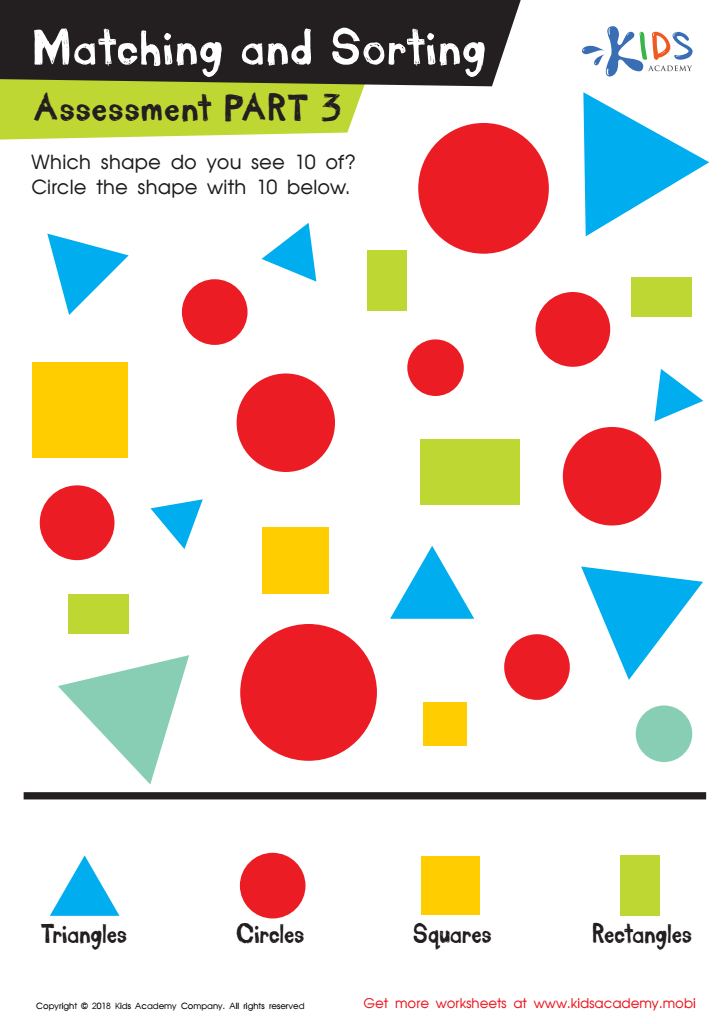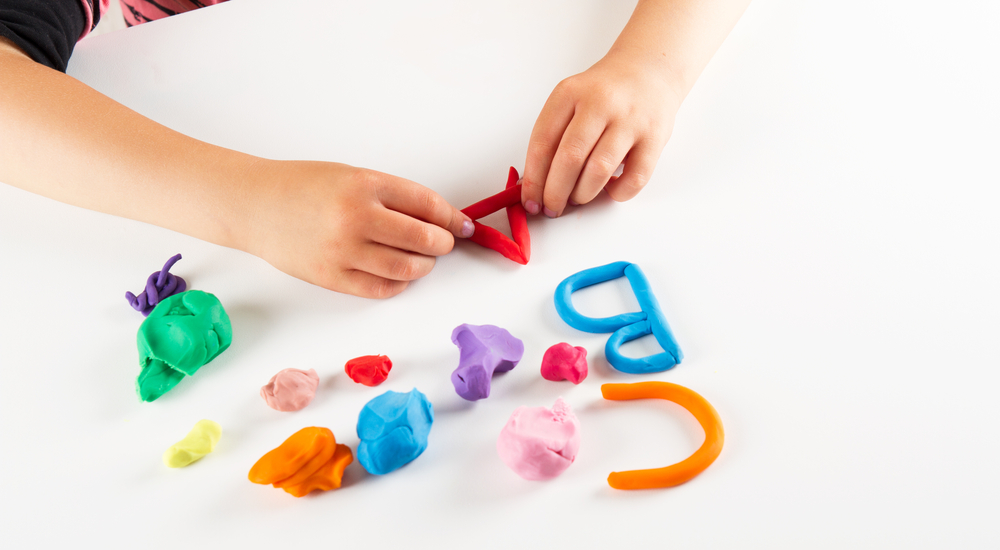Comprehension of equations Worksheets for Kids
1 filtered results
-
From - To


Matching and Sorting for Kindergarten: Assessment 3 Worksheet
Question/Answer
What does the Comprehension of equations skill mean when it comes to Kindergarten Sorting learning?
The "Comprehension of equations" skill, in the context of Kindergarten Sorting learning, refers to a child's ability to understand basic principles of equivalence and balance in simple mathematical equations. It involves recognizing that the two sides of an equation represent the same quantity or value, a foundational concept for developing further mathematical reasoning and problem-solving abilities.
What are some effective activities to train students’ Comprehension of equations skill when teaching them about Sorting?
To train students' comprehension of equations skill in the context of sorting, incorporate activities such as equation matching games, where students pair equations that yield the same result; equation sorting tasks, where they categorize equations based on characteristics (e. g.
Why is the Comprehension of equations skill important for Kindergarten students?
Comprehending equations at the kindergarten level lays the foundation for future mathematical understanding. It helps young students grasp the concept of equality and relationships between numbers. This early exposure to basic arithmetic principles encourages logical thinking, problem-solving skills, and prepares them for more complex math concepts, enhancing their overall academic development and confidence in math from a young age.
 Assign to the classroom
Assign to the classroom











